The Challenge: Overcome Barriers Facing MWBEs Entering and Growing in the Clean Energy Sector
The clean energy workforce is projected to grow by 38%, or more than 38,000 workers by 2030 to meet the state’s climate goals. New and expanding Minority and Women Business Enterprises (MWBEs) are crucial to meeting the Commonwealth’s climate goals. These businesses put climate solutions into practice, foster environments that attract and support a diversified workforce, and pave the way to an equitable energy transition for environmental justice communities. Unfortunately, most MWBEs face barriers to entry and growth. Regardless of sector, MWBEs are denied access to capital at a much higher rate, face selection bias for projects, and often start with less personal wealth and social capital—all of which exacerbate the challenges that all businesses face during their start-up and early growth phases.
About MWBE Support Grants
MWBE Support Grants provide up to $1,000,000 in grant funds and technical support to applicants developing or expanding programs that provide support to existing MWBEs entering the Clean Energy Sector, assist the creation of new MWBEs in the Clean Energy Sector, and develop a shared approach to increase access to capital for climate-critical MWBEs. This funding is not intended to benefit a single MWBE. Successful applicants will propose projects that address barriers faced by MWBEs, tackle both supply and demand needs, provide comprehensive wraparound services for individuals participating in the program, leverage existing support systems, and propose robust partnerships.
Applicants may apply for either or both of the following strands:
- Strand A: Training, Certification, and Support Services for Climate-Critical MWBEs
- Strand B: Access to Capital for Climate-Critical MWBEs
Training, Certification, and Support Services: $1,000,000
Access to Capital: $150,000
Not currently accepting applications
Funding Schedule
MWBE Support Grants are released on an annual basis. Applicants not ready currently for implementation should consider applying for a Planning and Capacity Grant to prepare for the next round of funding.
Process Step |
Timing |
|---|---|
RFP Release |
February 23, 2024 |
Questions Due to MassCEC via rfpworkforce@masscec.com |
Rolling through April 5, 2024 |
Questions with answers posted to MassCEC Website |
Updated at least every month on the 2nd Tuesday through April 9, 2024 |
Pre-Application Webinar |
March 13, 2024 at 3:00 PM |
Pre-Application Office Hours |
|
Proposals Due |
April 26, 2024 by 11:59 pm |
Interviews of Applicants (as needed) |
April and May of 2024 |
Notification of Award |
May 2024 |
Who's Eligible
Single organizations or partnerships are eligible to apply. If there are multiple parties that are jointly applying, one party should take on the role of Lead Applicant. The following entities are eligible to serve as a Lead Applicant:
- Non-profit organizations including Chamber of Commerce organizations, trade associations, clean energy incubators/accelerators, environmental justice organizations, and organizations representing tribes.
- Academic institutions with a business support program.
- For-profit entities such as clean energy installers, energy efficiency, or home performance contractors, technical or workforce training organizations, financial institutions or other clean energy practitioners
Additional eligibility requirements:
- Lead Applicant must have a Massachusetts office or staffing.
- Applicants are not required to have experience in clean energy or climate-critical business fields.
- Lead Applicant is currently in good standing with the Commonwealth of Massachusetts and can provide a Certification of Good Standing (COGS). Please note that community colleges, public vocational-technical high schools, and public state universities serving as the lead applicant do not need to submit a Certificate of Good Standing.
- This funding is not intended to benefit a single MWBE, but instead is intended to support an organization that can help several different MWBEs grow and excel in climate-critical business sectors.
For full program details, please refer to the MWBE Support Grant RFP.
Apply
Application Process
Review the RFP to understand the opportunity, requirements, and MassCEC’s objectives.
Proposals should be emailed to rfpworkforce@masscec.com by 11:59 pm on April 26, 2024 with "MWBE Support Grant Application" in the subject line.
Application Materials
Send completed application to:
rfpworkforce@masscec.com
Pre-Application Webinar
On March 13, 2024, MassCEC hosted the Minority- and Women- Owned Business Support Grants Webinar.
Frequently Asked Questions
These FAQs were last updated on April 17, 2024.
Questions are accepted on a rolling basis until April 5, 2024. Answers will be posted on the 2nd Tuesday of each month.
Submit questions to rfpworkforce@masscec.com.
Other Resources
MassCEC will look favorably on applications that propose data-driven approaches and leverage pre-existing resources from the robust workforce development and clean energy sectors in the Commonwealth of Massachusetts. Applicants are advised to use to use Powering the Future: A Massachusetts Clean Energy Workforce Needs Assessment, along with the following additional resources to inform their applications:
Labor Statistics
Clean Energy Sector
Powering the Future: A Massachusetts Clean Energy Workforce Needs Assessment
MassCEC Clean Energy Industry Report
MassCEC Clean Energy Careers Training and Education Directory
Massachusetts Clean Energy and Climate Plan for 2050
Mass Save Massachusetts Energy Efficiency Workforce Development Needs Assessment

Small Business Enterprises/MWBEs
Networking
MassCEC is compiling a list of potential applicants interested in networking and partnerships for the open Workforce Equity grants. View the list here.
Sign up to the partnership list by sending your contact name, contact info, type of organization, and focus sector to rfpworkforce@masscec.com.
Recent MWBE Support Grant Projects

Round 2, Capacity Grant
Activate Global is exploring how to enhance the existing Activate Fellowship program to better serve MWBEs through a Diversity Needs Assessment and Program Audit
Round 2, Planning Grant
Beacon Climate Innovations is developing a plan to provide MWBEs upskilling, procurement and bid preparation experience, and contract opportunities through the development of Community Clean Energy Resilience Hubs.
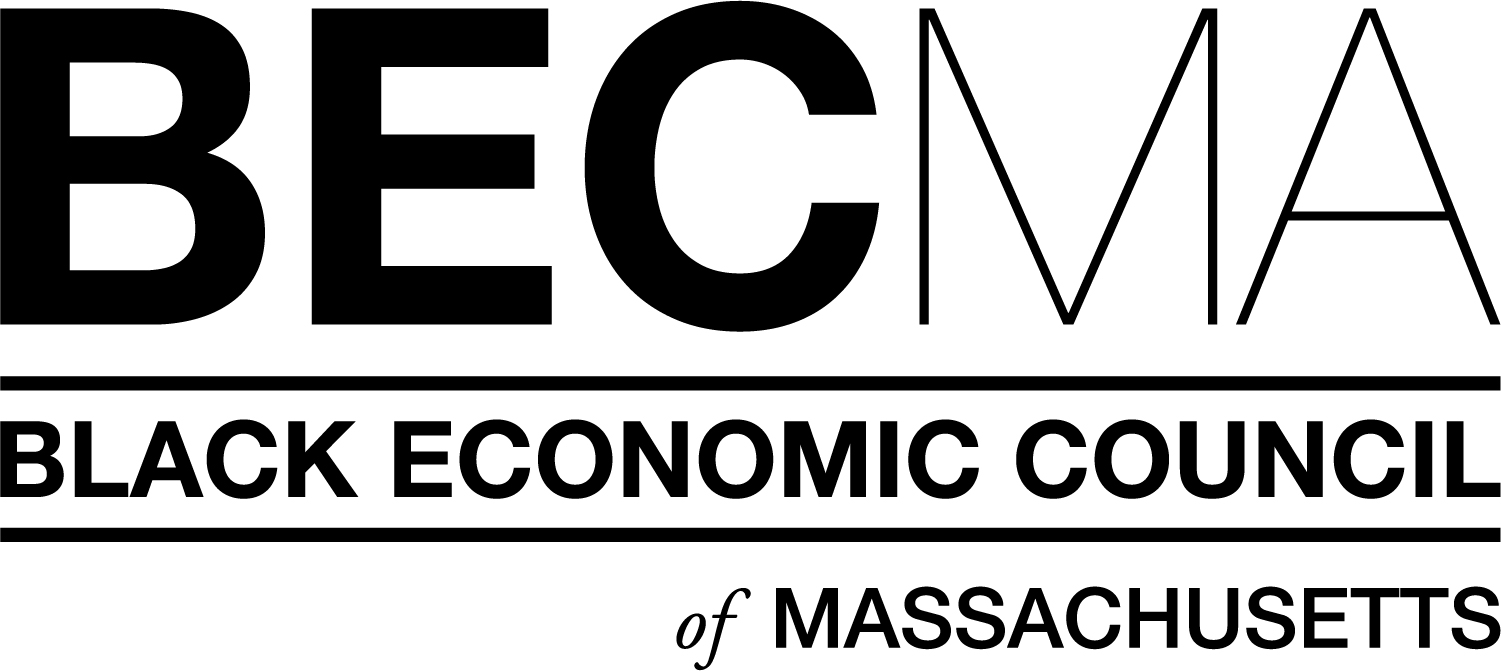
Round 1, Planning Grant; Round 2, Implementation Grant
Round 1: Black Economic Council of Massachusetts (BECMA) is expanding their Electric Vehicle (EV) Kickstarter program to areas outside of Boston, helping MWBEs identify business opportunities in EV space as retailers, owner-operators, installers, and maintenance providers.
Round 2: BECMA is expanding its state-wide Electric Vehicle Supply Equipment (EVSE) initiatives to guide more Black-owned businesses into the EV space and offer support through its Back Office Support Services (BOSS) and Vendor Advisory Council (VAC) programs.
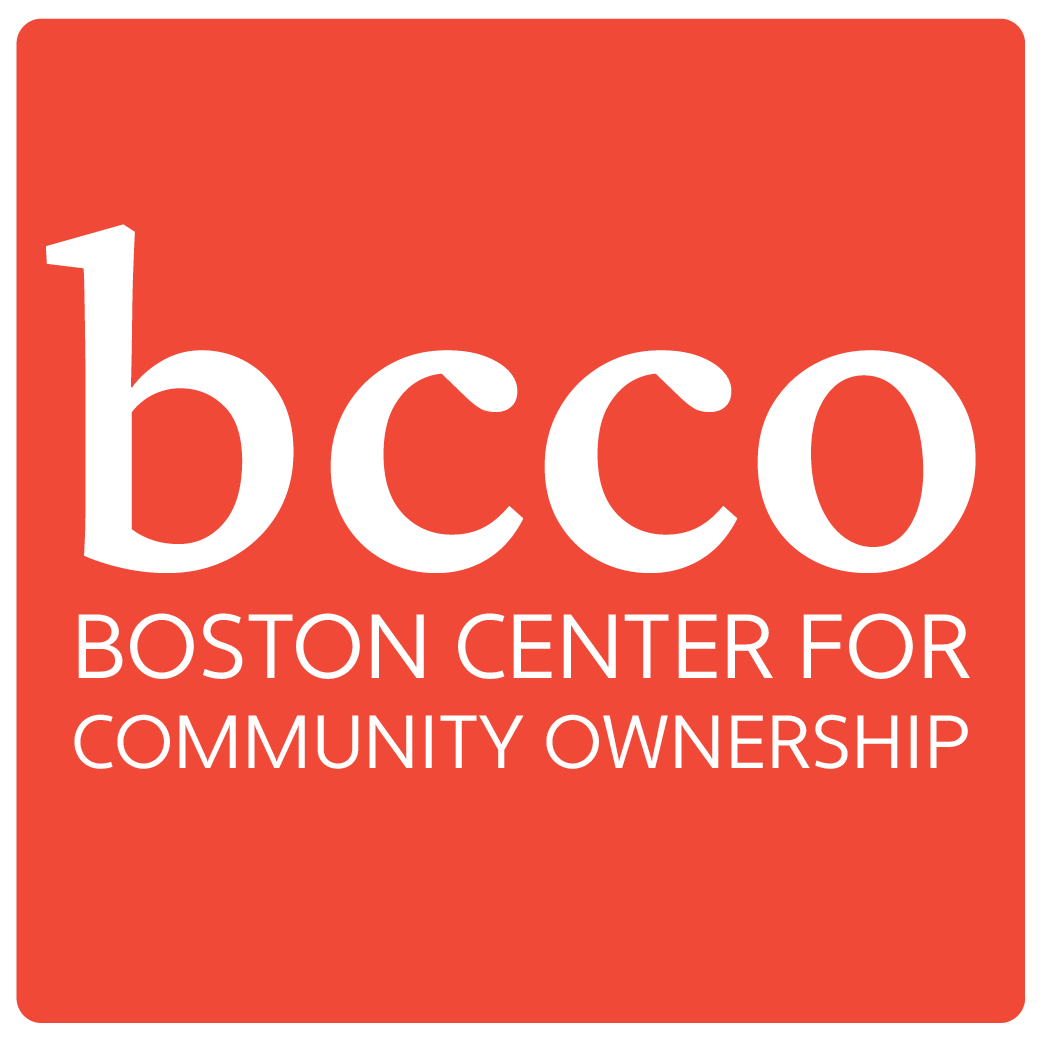
Round 2, Capacity Grant
Boston Center for Community Ownership (BCCO) is developing a plan to adapt existing support programs for worker cooperatives to assist MWBEs seeking increased opportunities in the high-performance building sector.
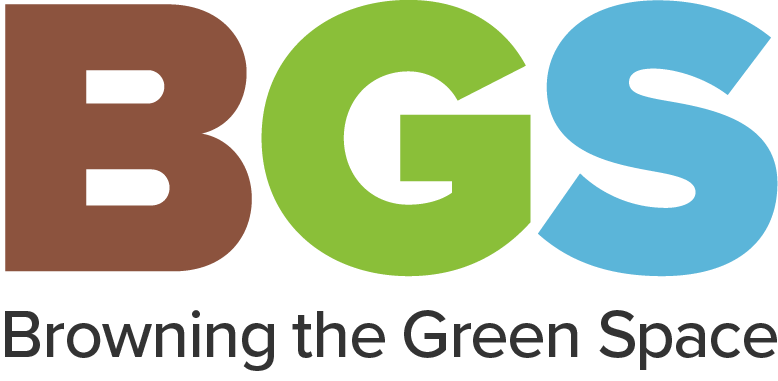
Round 1, Implementation Grant
Browning the Green Space will create more MWBEs by expanding the Accelerating Contractors of Color in Energy for Sustainable Success (ACCESS) program. ACCESS is an 8-week contractor boot camp for aspiring energy efficiency and renewable energy business owners that provides curated consulting, coaching, connections, mentorship, and access to capital.
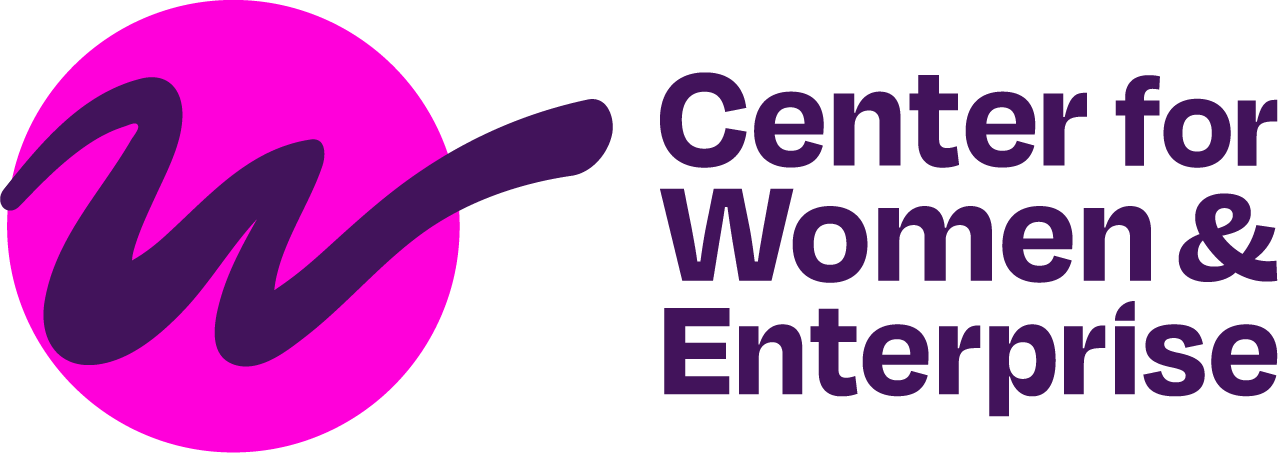
Round 1, Planning Grant; Round 2, Implementation Grant
Round 1: Center for Women and Enterprise is providing educational materials, professional development support, and back-office services necessary for early MWBEs to thrive in the climate-critical building sector.
Round 2: CWE is developing the Clean Energy Business Support Center, expanding on their proven suite of MWBE programs to assist MWBEs entering the high-performance building sector through certification.
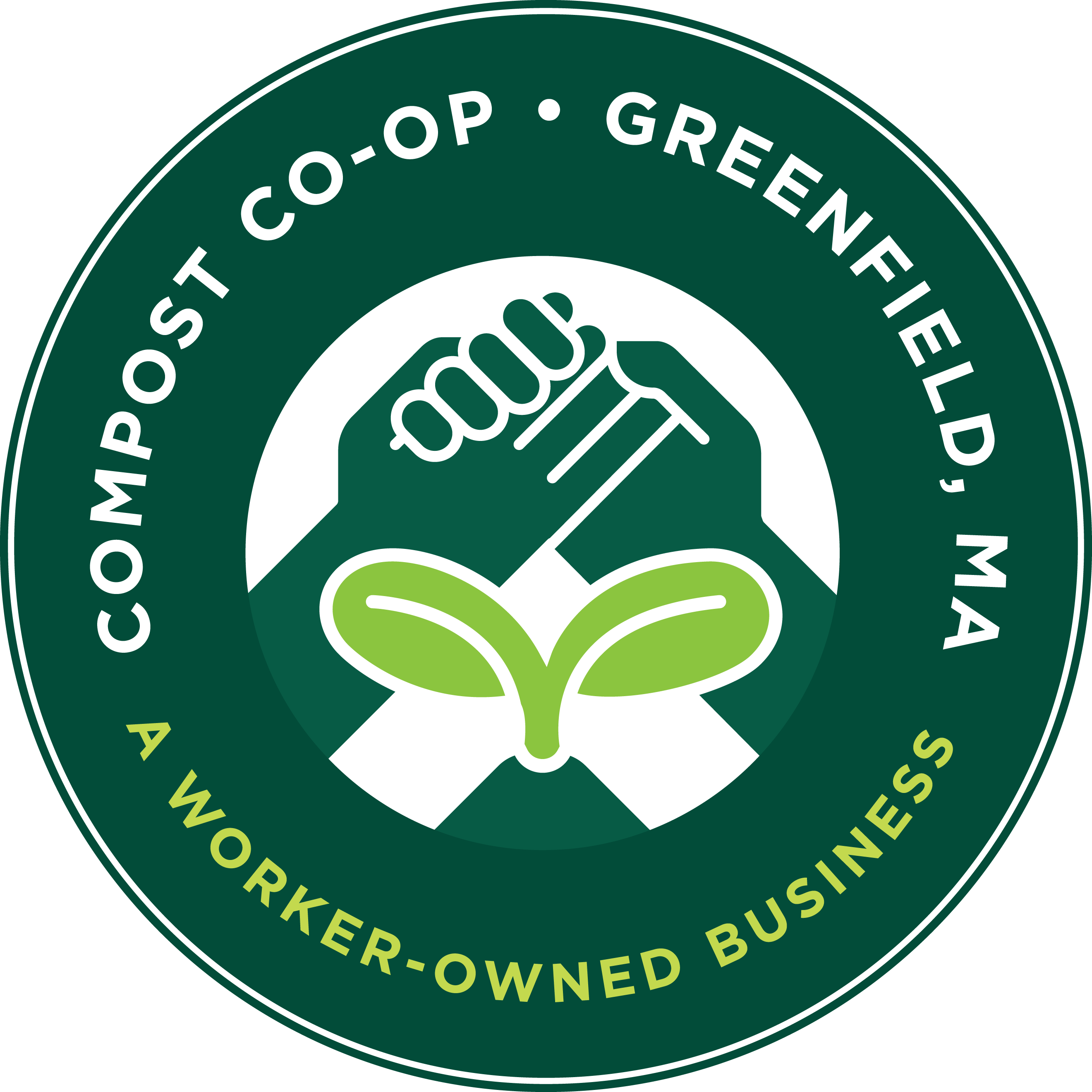
Round 1, Planning Grant
The Compost Co-operative is expanding their employee ownership to a spin-off business model targeting BIPOC/female returning citizens as a template for other women returning from prison. They are also exploring connecting with other state programs to allow more formerly incarcerated women to use and participate in this business model.

Round 1, Implementation Grant
Emerald Cities Collaborative will recruit MWBE contractors in the Pioneer Valley, train on decarbonization work, connect to pipelines of work, provide networking opportunities, and facilitate connections to working and equity capital.
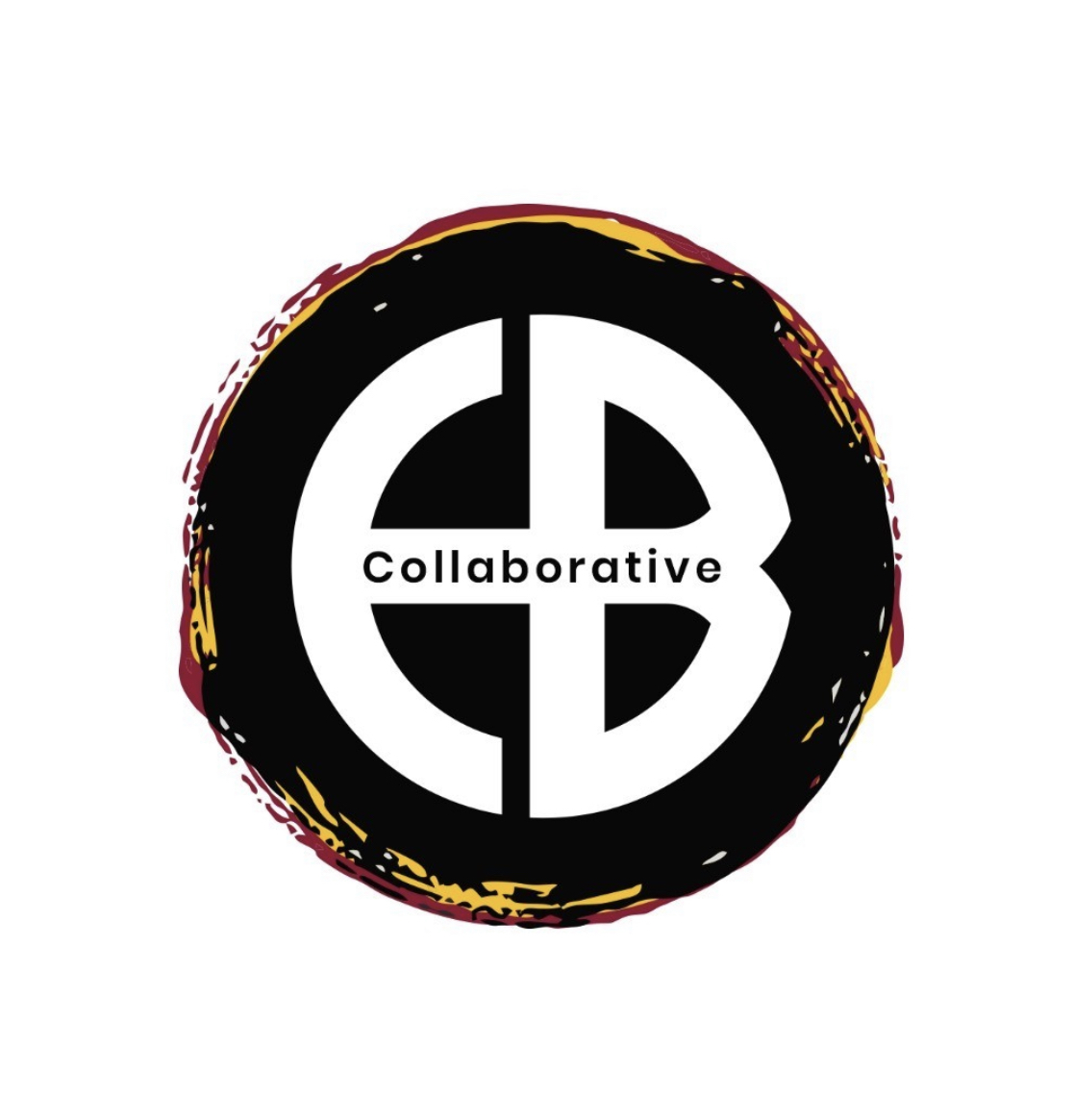
Round 2, Implementation Grant
Entrepreneurial & Business Collaborative (EBC) is providing comprehensive support to MWBEs in Western Massachusetts through two distinct programs - an 8-week Consolidated Accelerator Program and a 12-month Comprehensive and Inclusive Support Program.
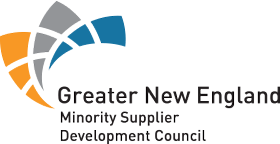
Round 1, Implementation Grant
Greater New England Minority Supplier Development Council (GNEMSDC) will help MWBEs become aware of opportunities to obtain contracts in climate critical areas, build their financial and intellectual capital and provide MWBE certifications, leveraging grants from the U.S. Department of Commerce.

Round 1, Implementation Grant
Greentown Labs will operate the accelerator program, Advancing Climatetech and Clean Energy Leaders (ACCEL) to accelerate high-growth, tech innovation–based MWBE startups towards investment, partnerships, and customers.

Round 1, Planning Grant; Round 2, Implementation Grant
Round 1: Northeast Sustainable Energy Association (NESEA) is exploring how to provide MWBEs with access to the NESEA Green Building community through the expansion of their BuildingEnergy Bottom Lines, a business development program which operates as a peer coaching network with professional facilitation
Round 2: NESEA is launching BuildingEnergy Access, expanding on its existing BuildingEnergy Bottom Lines program, a unique network of business owners in the high-performance building sector dedicated to sustainability in the built environment.
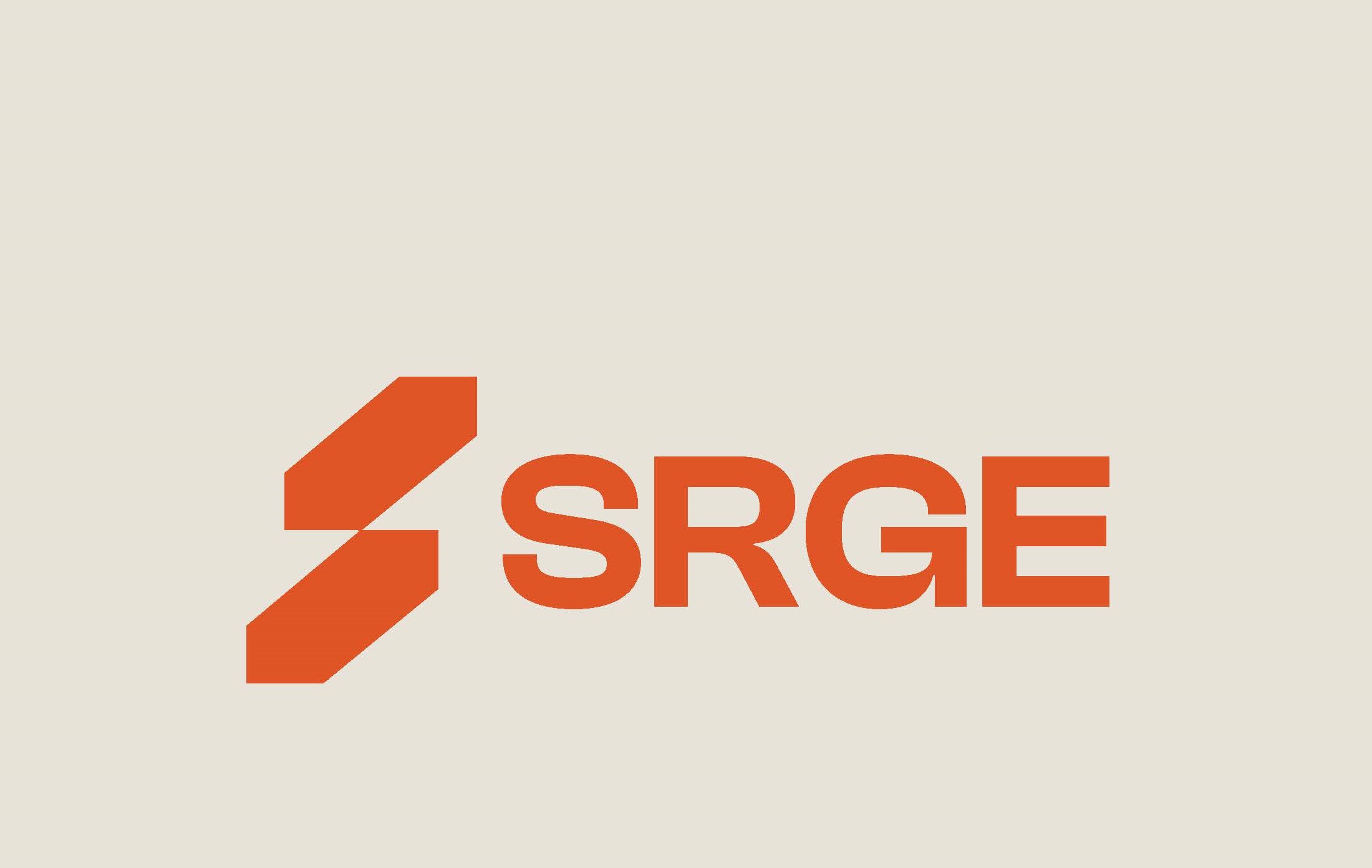
Round 1, Planning Grant; Round 2, Implementation Grant
Round 1: SRGE, a construction equity accelerator, is supporting the expansion of larger BIPOC construction, electrical, and mechanical contractors through the Construction Incubator program for EV charging station installation, high-performing mechanical systems, and energy retrofit building projects.
Round 2: SRGE is guiding emerging BIPOCQ+ led construction companies in the clean energy sector through the typical eighteen month bid process in the high-performance building sector to obtain contracts and to enable participating MWBEs to build capacity within their companies, access capital, and network in the clean energy sector.
Additional Funding Opportunities
Equity Workforce Training Implementation Grants
- Career Pathway Training: up to $1,200,000
- Career Preparedness: up to $600,000
- Planning or Capacity: up to $50,000 or $150,000
- December 10, 2025
- February 18, 2026
- May 1, 2026
Equity Workforce Planning and Capacity Grants
$50,000 for Planning
$150,000 for Capacity
May 19, 2025
Climate-Critical Workforce Training, Equipment & Infrastructure Grants
- Career Pathway Training: $800,000
- Climate-Critical Upskilling: $600,000
- Equipment, Infrastructure and Training Ecosystem Support: $750,000
- Capacity for Climate-Critical Educators and Trainers: $400,000
- December 10, 2025
- February 18, 2026
- May 1, 2026